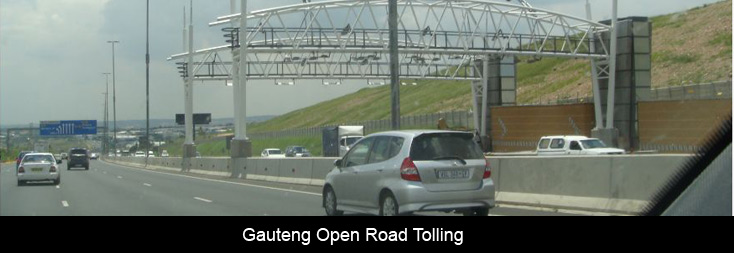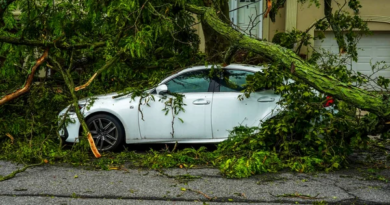Are the costs of the proposed Gauteng toll roads exorbitantly high?

Research report finds that building costs on Gauteng toll roads are up to 228% more expensive than similar international projects
A research report regarding the Gauteng toll fees, compiled under the direction of Mike Schussler, for AfriForum and the Road Freight Association (RFA), determined that the proposed toll fees are exorbitantly high. The building cost per kilometre which was spent on this toll road project is between 106% and 228% more expensive than the building cost per kilometre of equivalent international road improvement projects.
The report, in which this finding was published, was presented today by Schussler, AfriForum and the RFA to the ministerial committee which has to consider input regarding the proposed toll fees. The report requests an independent probe into the building costs and asserts that it would be “inappropriate” to hold consumers and road users responsible for these costs.
The report also finds that the monthly income of R300 million that, according to South African Roads Agency Limited (Sanral)’s own conservative estimates, the organisation will receive from Gauteng toll fees is significantly higher than the monthly requirement of R193 million to finance the project’s cost of R20 billion over 20 years. The proposed toll fees would not only finance the project, but also become a source of income at road users’ expense.
Although national roads in Gauteng only represent 4,5% of the total length of the national road network, Gauteng toll fees would generate an estimated 58% to 62% of Sanral’s income by 2012. The financial burden which the new toll fees would put on Gauteng residents is equal to an increase of 2% in personal income tax.
The poor would also be severely influenced by the increase in the cost of basic products. One example, according to the report, is that the price of bread will have to increase by 2% to cover the soaring transport expenses.
The report recommends that a regulating body be established to regulate the toll fees and to prevent road users and consumers from being exploited by exorbitant toll fees as currently proposed.
According to Kallie Kriel, General Secretary of AfriForum, the toll fees should dramatically be adjusted downwards in light of the report’s findings. Moreover, it must also be ensured that VAT is not charged on toll fees, and toll fees should be tax deductible for the public. “It would only be fair, since the new Gauteng freeway improvement project (GFIP) is financed through external loans. No money from the treasury will be used for this project, while motorists are being taxed fivefold through income tax, fuel levies, car licensing, toll fees and the VAT on toll fees,” Kriel said.
The full report is available below on the Arrive Alive road safety website and AfriForum’s website.
Read the Report:
Consumer Impact of the Gauteng Improvement Project
For more on the Gauteng e-toll project view:
Gauteng toll roads: 86% of Gauteng motorists not willing to pay proposed rate
AA warns Gauteng Tolls roads will dramatically increase cost of driving




